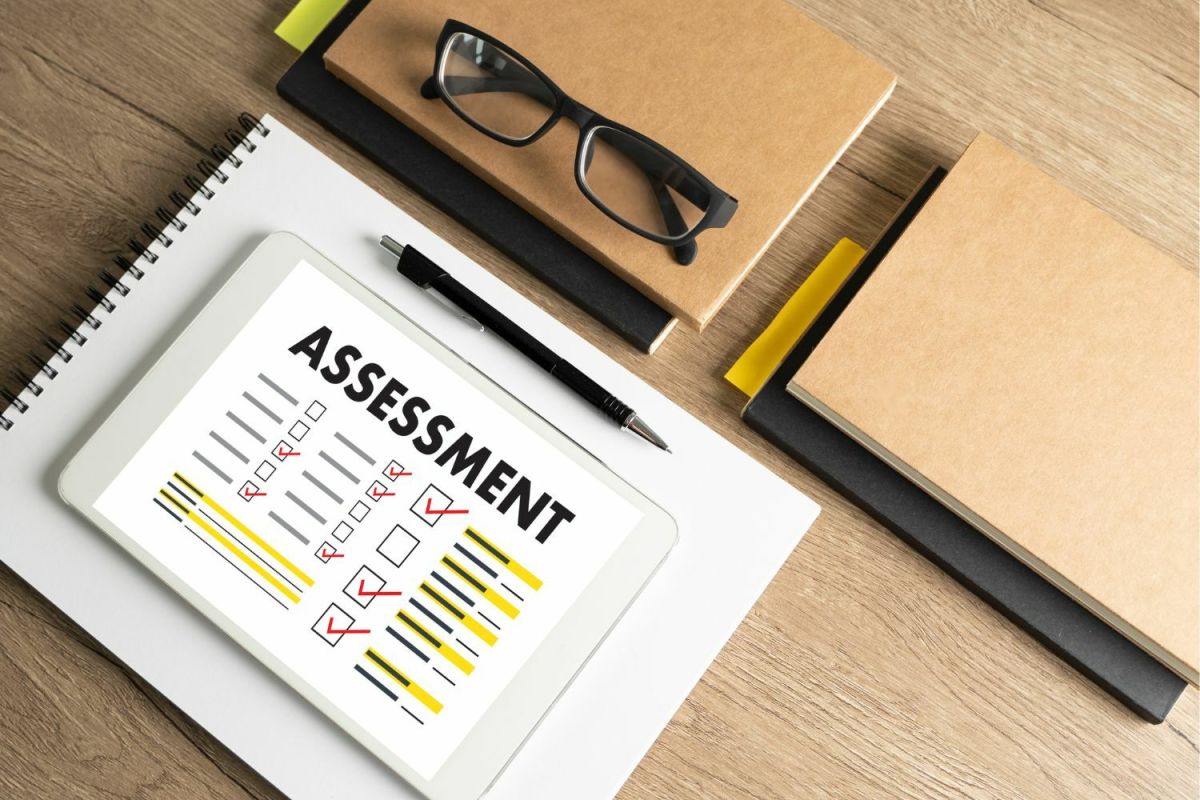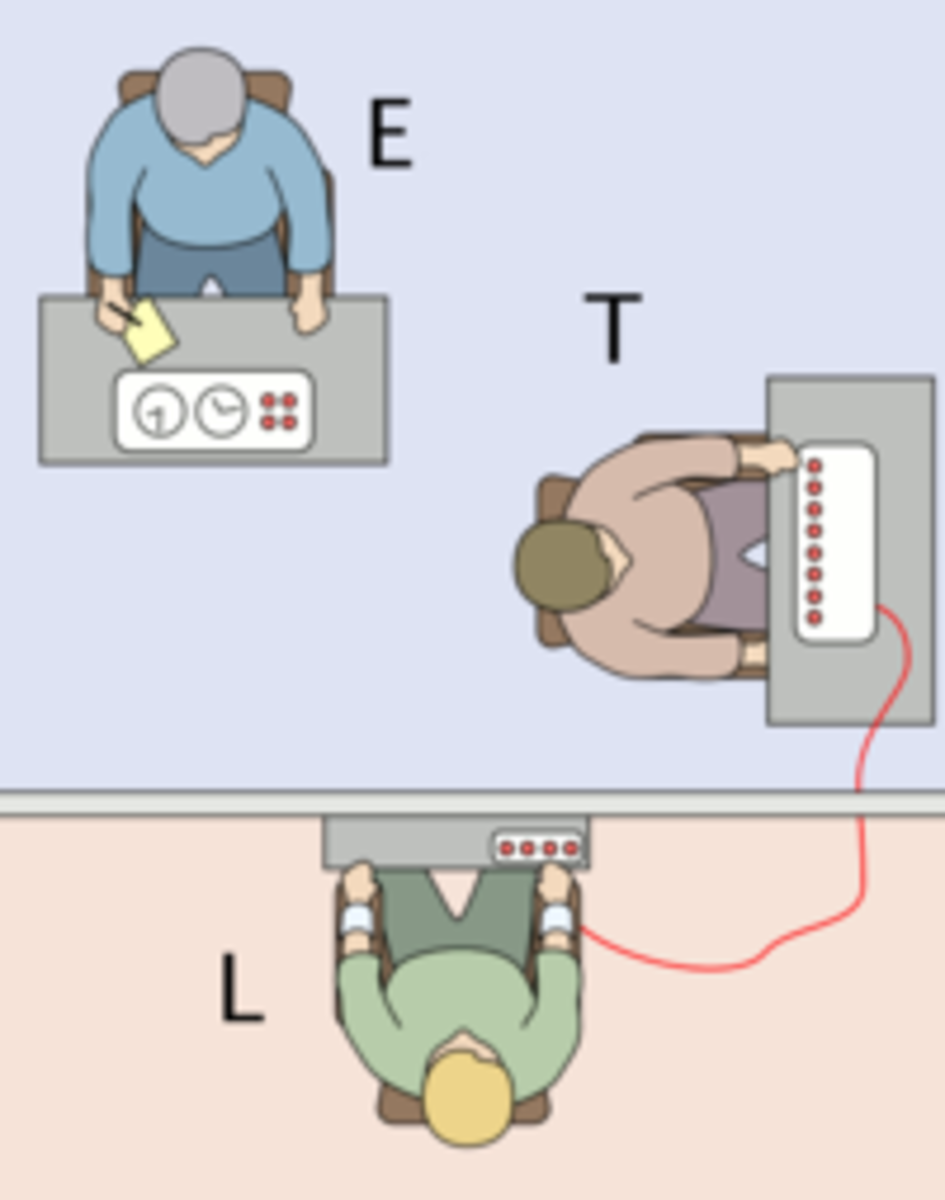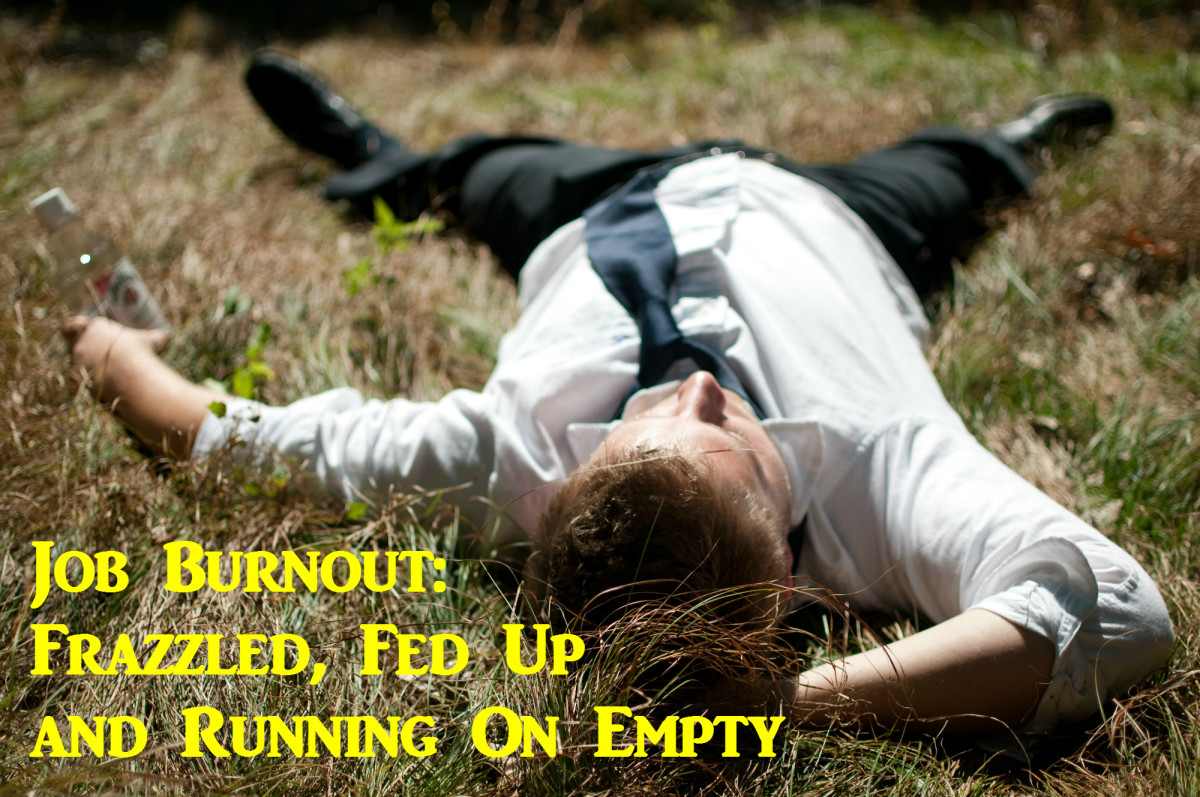Human Relations is Admin: Control, Burnout, Stress
- Locus of Control - Career Development from MindTools.com
Do you have an internal or an external locus of control? Are you in charge of your own destiny? Find out with this self-test.
Locus of Control: Are You in Charge of Your Destiny
I scored a 29 on the “Locus of Control: Are You in Charge of Your Destiny” self-assessment. My result indicated that I have a moderate internal locus of self-control. I found my results somewhat surprising from the standpoint that I had never thought about my locus of control before. I was surprised to learn that I have a moderate instead of a strong internal locus of self-control, but after some self-reflection I feel that the results were accurate. I am similar to other people with an internal locus of self-control, I strive to develop my knowledge, skills and abilities; I also attempt to take note of information that I can use to create positive outcome in the future (citation from locus of control test). My moderate locus of self-control fits me because, unlike people with a strong locus of self-control, I am not particularly achievement-oriented, I am empathetic to the feelings of people around me, and I believe that luck/fate does play a small role in dictating the outcome of an event (citation from locus of control test). After some self-reflection I shared the results of my assessment with my family and asked their opinions on the accuracy of my result. It was unanimous that my assessment results were accurate. This assessment taught me that while I do have a moderate locus of self-control I still need to take care not to fall into the pitfalls that people with a strong locus of self-control often do. To this end I will continue to make sure to seek the opinions of people around me and to try to work more with others so as to work against feeling that I need to control everything and leaving people feeling "trampled" or "bruised" (locus of control test).
- Burnout Self-Test - Stress Management from MindTools.com
Are you overdoing it at work, and are you at risk of burning out? Find out with this interactive self-test.
Burnout Self-Test
I scored a 33 on the “Burnout Self-Test” assessment. My results from this assessment indicated that I may be at risk for burnout. This does not come as any great surprise to me because this is my second year as an after school counselor and I started to experience burnout at the end of the last school year as well. It is not a huge concern for me because as an after school counselor I have the summers off. This means that in a few weeks I will have plenty of time off to recover and recharge before going back to work next school year. I did not share the results of this assessment with anyone, but I have spoken to my family about how I have recently begun to feel burnt out at work. The only thing I learned from this test in respect to my work is that I need to take care to remain even tempered and to not judge any situation harshly due to my being burnt out. In respect to myself as a learner at Southern New Hampshire University I will use the information I learned about myself during the self-assessment to make sure my state of being at risk of burnout does not affect my school work. To this end I plan to keep a stress diary as recommend by the “Avoiding Burnout” article on Mind Tools I also plan to try to take some time before and after work to engage in a relaxation exercises like meditation, deep breathing, progressive muscular relaxation, or centering.
- The Holmes and Rahe Stress Scale - Stress Management from Mind Tools
Use the Holmes and Rahe stress scale to measure how much stress is in your life, and whether you're at risk of becoming sick.
Holmes and Rahe Stress Scale
I scored a 29 on the Holmes and Rahe Stress Scale assessment. This score means that I have only a low to moderate chance of becoming ill in the near future. When I took the assessment I only marked yes for two questions; I marked yes for change in sleeping habits and vacation. I was surprised at the types of questions on the assessment; I thought the questions would focus more on little every day stressors instead of the major stressors. I was surprised that I scored as low as I did on the assessment, I really thought that I would have scored in the moderate to high chance of becoming ill in the near future range. I did not share my results of this assessment with my friends or family because I did not find this assessment as interesting as the other two. As a learner I learnt that I live a mostly stress free life which means I am less likely to get ill and then potentially fall behind at school. I plan to use the information I learnt about myself to avoid events that could increase my stress score and potentially result in me becoming ill.








